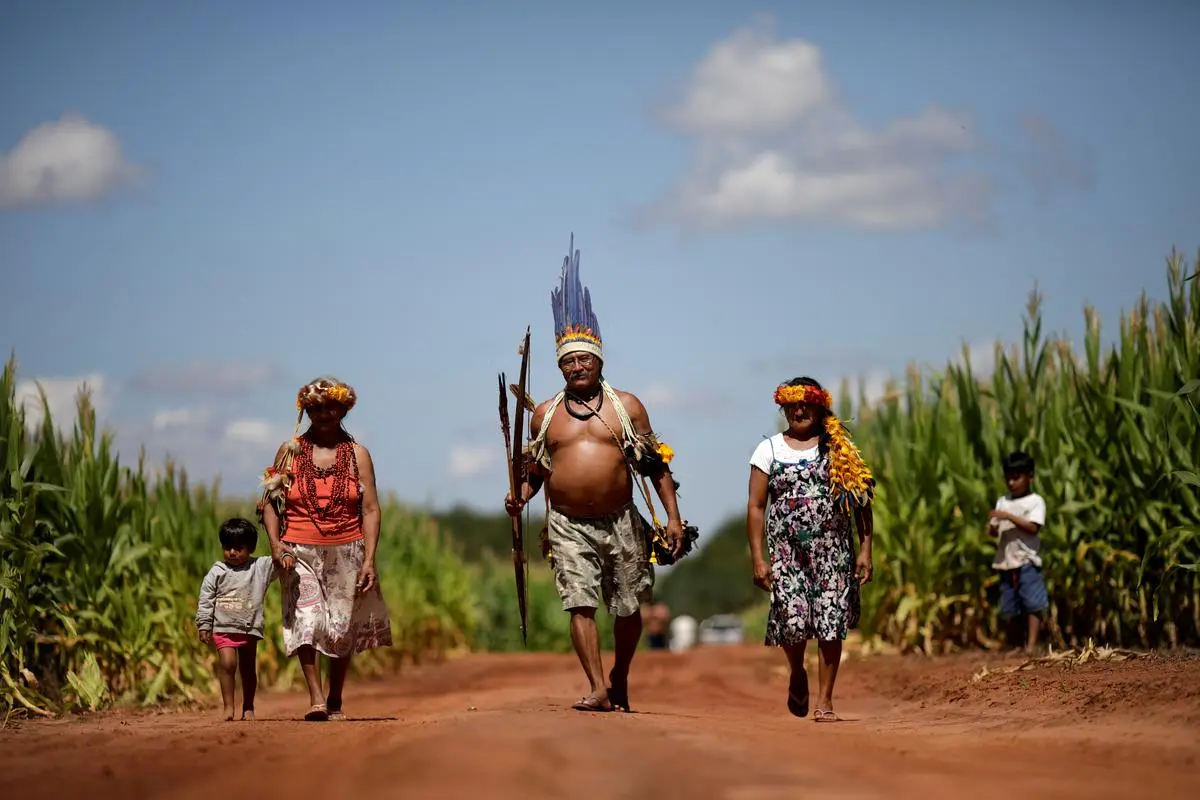Brazil’s Senate approved a law favoring farmers by redefining indigenous land rights to expand agriculture.
The law focuses on a ‘timeframe criterion‘. It allows land claims only for lands occupied since October 5, 1988, the day Brazil’s current Constitution was enacted.
This means communities without proof of that date’s occupancy can face eviction.
With 43 to 21 votes, the Senate overturned a Supreme Court ruling that called the measure unconstitutional.
Now, President Lula da Silva faces a decision. He can either enact or veto the law, which may return to the Supreme Court for additional scrutiny.

The voting process was quick, taking just six hours from committee to Senate floor.
Moreover, the law permits mining and agriculture on indigenous lands. It enables economic projects with or without indigenous approval.
It also removes validation for land claimed after 1988.
Senate leader Randolphe Rodrigues urges Lula to veto, citing the law’s previous unconstitutionality ruling.
Rodrigo Pacheco, Senate President, defended the bill, saying Congress has the right to legislate on this vital issue.
Meanwhile, the Supreme Court has ruled that farmers on indigenous land will get compensation if evicted.
Background
This development is significant in Brazil’s ongoing debate over land rights and economic growth.
It highlights the tension between indigenous communities and agricultural interests.
Critics argue that the law undermines indigenous rights in favor of commercial expansion. However, supporters claim it offers clarity for farmers and miners seeking to invest.
President Lula’s next steps are crucial. His decision can either affirm or overturn the Senate’s move, with broad implications for Brazil’s social and economic landscape.
The matter could also return to the Supreme Court, further elongating a complex legal battle.
Ultimately, the new law adds another layer to Brazil’s multifaceted struggle over land use, social justice, and economic development.

